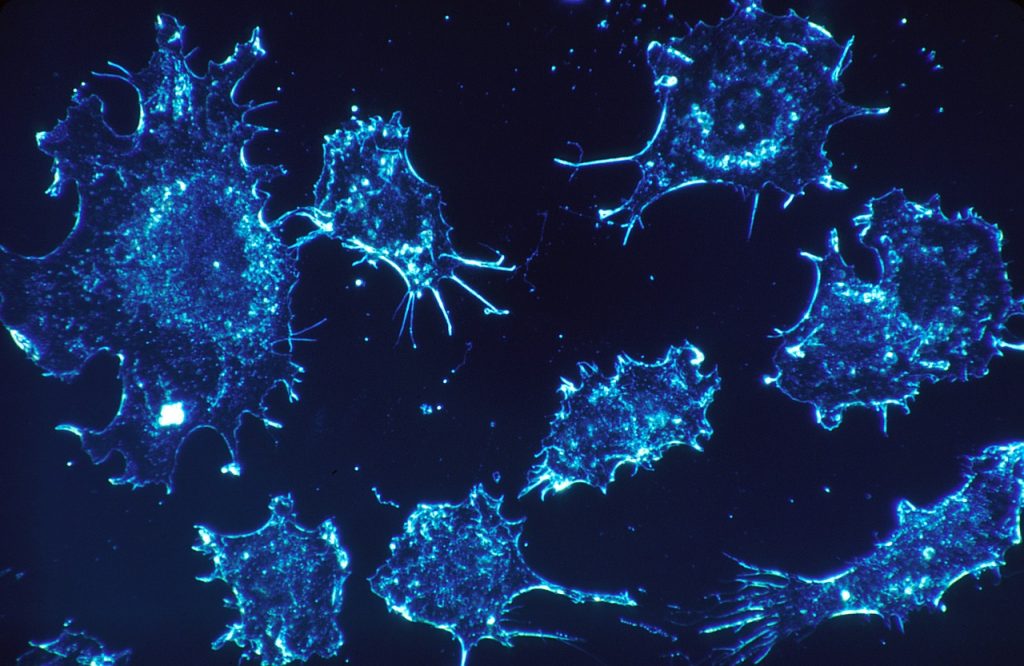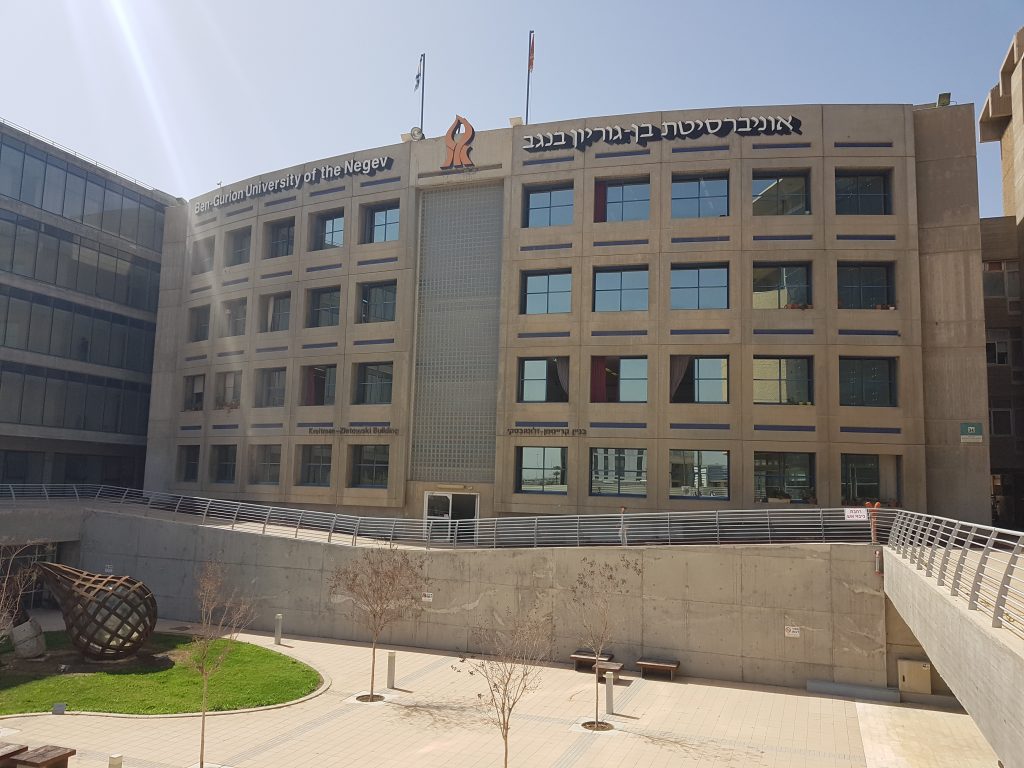Cancer cells typically acquire a common set of properties, including unlimited proliferation potential, self-sufficiency in growth signals, resistance to cell death, and an ability to activate invasion and metastasis, as described in a seminal 2000 study by American biologists and cancer researchers Douglas Hanahan and Robert Weinberg. While cancers are diverse in type and etiology, the researchers also say they all share metabolism abnormalities, regardless of cellular or tissue origin. Tumor cell metabolism is now seen as cancer’s Achilles’ heel, providing a unique therapeutic opportunity to effectively eliminate tumor cells by targeting their energy metabolism.
Now, a group of researchers from Israel’s Ben-Gurion University of the Negev (BGU) have developed a new molecule that they claim inhibits the growth of cancer cells and reprograms them to act non-cancerous. The groundbreaking treatment is based on preventing the expression of the protein VDAC1, which is highly expressed in different types of tumors and found to alter cancer hallmarks, including the rewiring of pathways for growth and survival that underlie the malignant phenotype.
SEE ALSO: 7 Recent Breakthroughs in Cancer Research And Detection
VDAC1 is a “gatekeeper” of the mitochondria, the powerhouse of the cell, and is the “key to opening and closing the door to mitochondrial metabolism,” says the head of the research team Professor Varda Shoshan-Barmatz of the Department of Life Sciences and the National Institute for Biotechnology in the Negev (NIBN), an independent research institute facilitating pre-clinical studies of biotech research located within BGU. VDAC1 is crucial for supplying the high energy demands that characterize malignant cells, the univeristy said in a statement.
“As VDAC1 controls cell energy and metabolic homeostasis, depletion of VDAC1 in cancer cell blocks the communication between the mitochondria and the rest of the cells,” Shoshan-Barmatz tells NoCamels.
Cancer cells have a lot more VDAC1 than normal cells, she explains, so the team looked for ways to prevent their formation. The researchers developed a molecule called siRNA, which, when applied to the cells, began inhibiting their growth. When applied to mice with tumors, Shoshan-Barmatz says, it caused the tumor to shrink to about 10 percent of an untreated tumor, indicating a rewiring of the cells.
The study was conducted on mouse models of three different types of cancerous tumors — those of brain cancer, lung cancer, and breast cancer.
Sign up for our free weekly newsletter
SubscribeApplying the molecule resulted in inhibiting tumor growth, eliminating cancer stem cells, and leading the cell in the residual “tumor” to differentiate into normal-like cells, Shoshan-Barmatz says. In other words, the cells would resume the behavior of pre-cancerous cells.
“These normal-like cells have different properties from the cancer cells,” she explains. “They are sensed by the immune system. The cells still have their original mutations, we don’t fix the mutational genes. We do modify the activity of these genes to be like normal cells.”
“No strategy like this has been studied. It controls cancer cells and cancer stem cells. We eliminate cancer cells that are resistant to chemotherapy, radiation, immunotherapy, which doesn’t always kill every cancer cell,” Shoshan-Barmatz said, “It’s a very promising strategy.”
She added that although the new approach was still in its early stages, the researchers were thrilled with the initial results “that demonstrate the potential of this novel molecule for cancer treatment.”
SEE ALSO: From Barren Desert To Top Cyber Center, Beersheba Is Turning Into A High Tech Oasis
“Several of our findings are particularly noteworthy. First, VDAC1, which is overexpressed in most cancer cells compared to healthy cells, offers a potentially wide applicability for this treatment. Second, treatment with siRNA against VDAC1 inhibited growth of cancer cell but not of non-cancerous cell, pointing to a potentially safe treatment. And most significantly, siRNA treatment of several cancer types in mouse models resulted in reprogrammed cancer cell metabolisms, leading to reduced tumor growth, induced disappearance of cancer stem cells and prompted cell differentiation. Thus, we discovered a code for reprogramming cancer cells so that they lose their oncogenic features,” Shoshan-Barmatz said in a statement released by BGU.
The researchers have teamed up with BGN Technologies, the technology company of Ben-Gurion University fostering entrepreneurship and bringing tech innovation from lab to market, in order to attract investors and raise funds, as they want to bring their findings to clinical trials on humans. While they are already in talks with some companies, Dr. Ora Horovitz, senior vice president of Business Development at BGN Technologies said, “We are now seeking partners for the further development and advancement of this promising patented treatment towards the clinic in the hope that it will lead to a novel path for cancer treatment.”
Related posts

Israeli Medical Technologies That Could Change The World

Harnessing Our Own Bodies For Side Effect-Free Weight Loss

Missing Protein Could Unlock Treatment For Aggressive Lung Cancer





Facebook comments